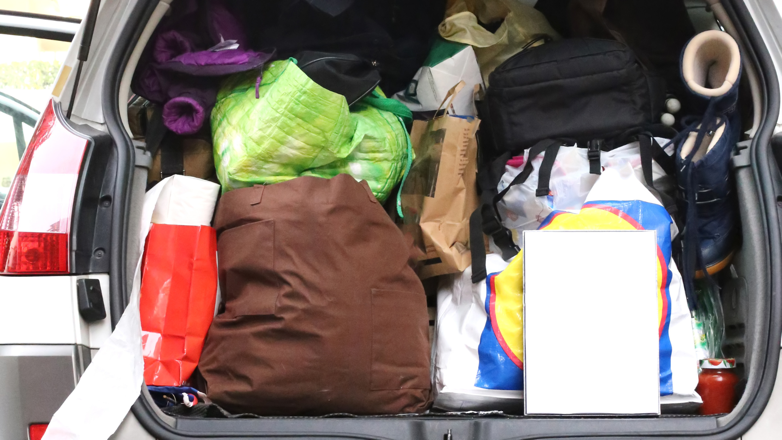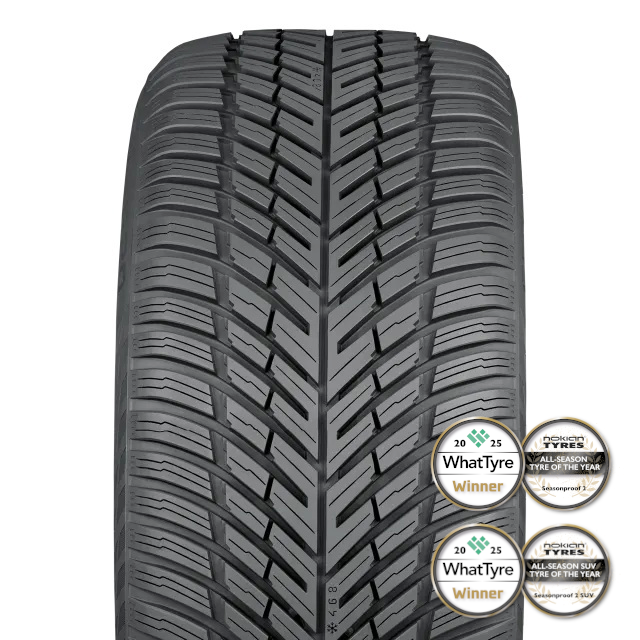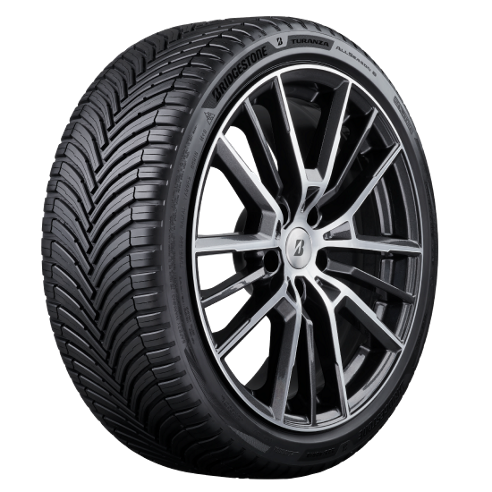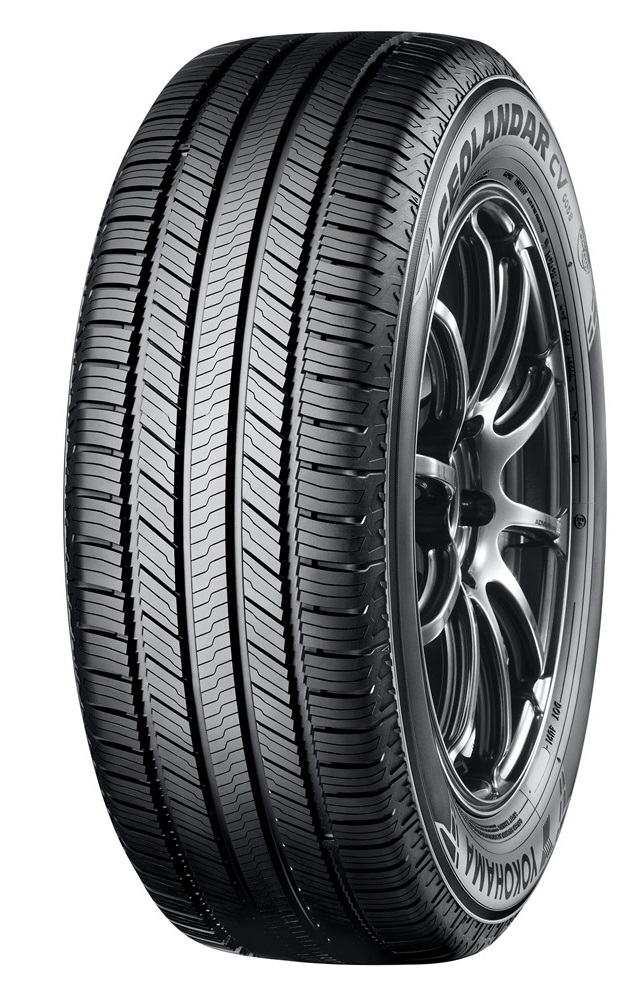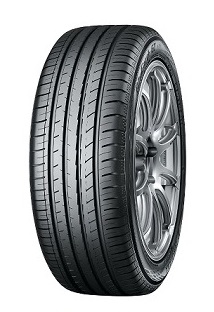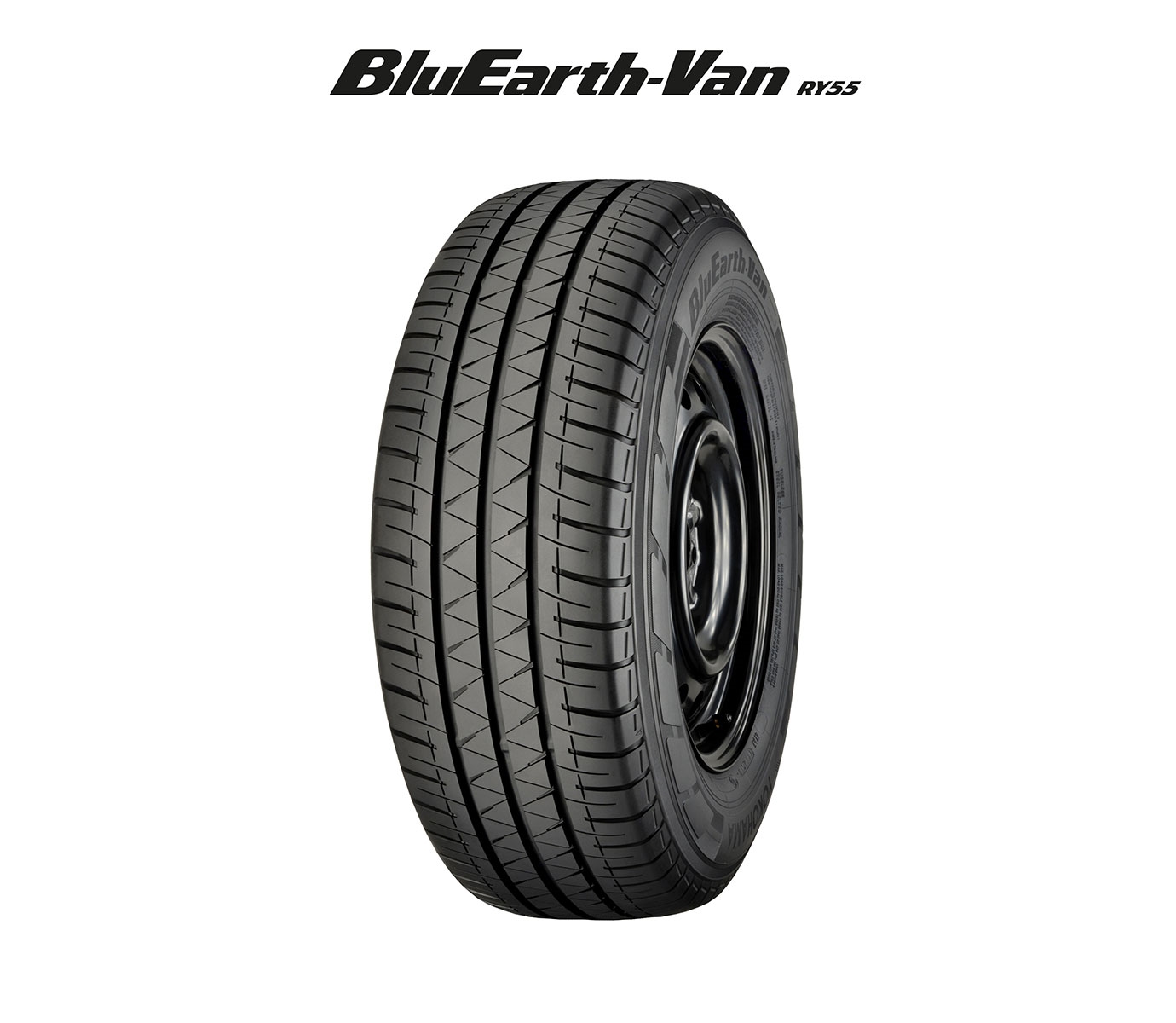An estimated 316,850 UK 18-year-olds have applied for higher education this year. Many will have cars of their own and all of them have to get there safely. However, three- in- five young drivers admit they never check their tyres. And around 6 million tyres with illegal tread are currently on UK roads, according to TyreSafe’s 2023 Tread Depth Survey.
With that in mind, TyreSafe has put together a ‘Back to University Car Checklist’, providing road users with an easy-to-follow guide to help their trip go smoothly:
- Ensure all tyres are in good condition, free from damage, and have plenty of tread – the legal minimum is a depth of at least 1.6mm across the central three-quarters of the tyre.
- Adjust tyre pressures according to the vehicle’s load to prevent blowouts and improve fuel efficiency.
- Check that engine oil levels are sufficient, windscreen wash is topped up, and other fluids are at appropriate levels.
- Ensure the rear window is clear of obstructions to maintain full visibility
- Set phones to driving/in-car mode to avoid distractions and stay focused on the road.
- Observe speed limits, including variable speed limits on motorways, and adjust driving according to road conditions.
With the UCAS data showing a 0.7% increase in applications from UK 18-year-olds this year — the second highest on record — the roads will likely see a higher volume of young drivers.
TyreSafe is also urging parents taking their children to university to perform crucial checks on their vehicle before setting off to help mitigate the risk of a tyre-related incident, particularly as cars are likely to be heavily loaded, and journeys may be longer than every day travelling.
As students prepare for the journey back to university, TyreSafe encourages everyone to take these simple precautions to avoid tyre-related incidents and ensure a safe start to the academic year.
The point is made even more pertinent by the fact that students and their families can no longer rely on reaching for a spare, in the event of a tyre incident, with the RAC reporting that only 3 per cent of new cars sold come equipped with a spare wheel. For those driving an older vehicle, TyreSafe urges drivers to check they have a spare tyre, and whether it is serviceable.
If the vehicle does not have a spare tyre, drivers should ensure they know whether their car has run-flat tyres or a tyre repair kit (often a sealant and compressor). If the latter, TyreSafe also urges drivers to check the expiry date on any puncture repair kits, before heading off, to avoid finding themselves stranded with inappropriate and ineffective tyre repair sealant.
Stuart Lovatt, TyreSafe chair commented: “With more students hitting the road to head to university, many for the first time, it’s crucial that they take a few minutes to ensure their vehicles are roadworthy. In addition, families will likely be in vehicles that are much more heavily laden than normal, so making sure tyre pressures are adjusted accordingly is crucial.
“Proper tyre checks and overall vehicle safety can prevent unnecessary breakdowns and incidents, ensuring a safer journey for everyone.”
RAC road safety spokesperson Rod Dennis said: “With so much to think about before heading to university, it’s unlikely that checking your tyres is high on the to-do list, but we urge everyone getting behind the wheel in the next few weeks to remember these vital checks. It’s essential that every tyre has plenty of tread, is free of damage and is properly inflated. Failing to check one or more of these things increases the risk of driving a vehicle that is both unroadworthy and illegal. The routes to most universities are also likely to include faster roads like motorways and major A-roads, where the dangers associated with a car that has poor tyres increases enormously.”

